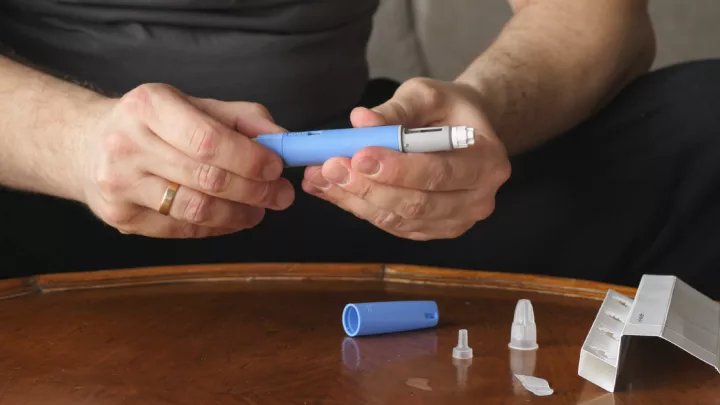You asked, we answered: Can you take too much ibuprofen?

Question:
Can you damage your body permanently by taking too much ibuprofen? Is it possible for the damage to occur a few years after taking too much?
Answered by Darby Luckey, DO:
Absolutely yes! We often assume the safety of over-the-counter medications because we do not require a prescription for them. When we turn to these quick pain relievers, we must ask the questions: What are we masking? Has this symptom been properly addressed? We have to understand what is causing the pain in order to find a long-term solution.
When taken too frequently or in too high dosages, NSAIDs, or nonsteroidal anti-inflammatory drugs, can pose risks to your gastrointestinal system, kidneys and heart. These drugs can lead to thinning in the lining of the stomach, causing ulcers and GI bleeding. Because our kidneys have to metabolize these drugs, taking too much, especially for too long, can lead to decreased kidney output, chronic kidney disease or acute kidney failure. Recent data has also pointed to an increased risk for heart disease.
Consistent use of NSAIDs can also cause what we call rebound headaches. If the body is used to taking an NSAID regularly, it can lead to headaches when we haven’t taken a dose.
Occasional and moderate use of ibuprofen and other NSAIDs can help relieve pain in the short-term but relying on them can pose long-term health risks. Every patient is different, which makes it difficult to know how much ibuprofen or NSAID is safe. Patients should speak with their physicians to find out what dosage is safe for them but should never take more than the labeled dosing recommendations.







